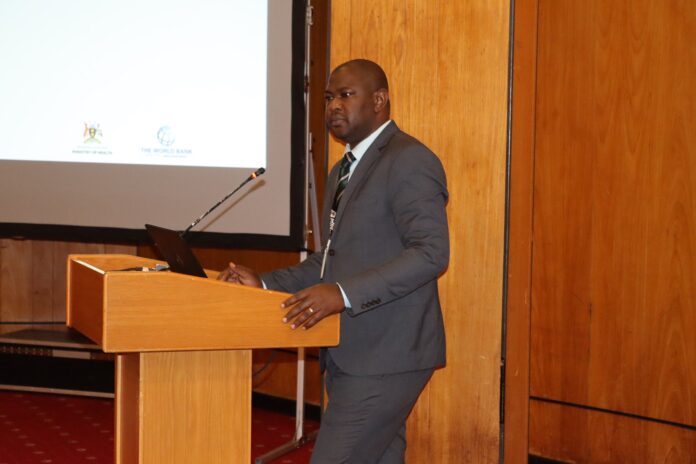
Health experts in Uganda are raising the alarm over the growing number of obstetric fistula cases across the country, urging both the government and the public to focus on prevention, access to skilled care, and community support.
According to the Ministry of Health, over 5,000 women need fistula surgery in Uganda each year, yet only about 1,700 operations are conducted annually due to a critical shortage of specialists and a lack of access to medical care, especially in rural areas.
Speaking to media Dr Ronny Bahatungire, Ministry of Health Acting Commissioner of Health Services in charge of Clinical Services, revealed that Uganda only has 15 specialist doctors; however, only five can actively perform fistula surgeries, and the rest are limited to handling general medical conditions.
’’For the past two years, we were unable to conduct any fistula surgeries due to a critical shortage of specialists,” Dr Bahatungire disclosed.
“It takes four to five years to fully train a surgeon in this field, which means Uganda still faces a significant gap in meeting the growing demand for these life-changing procedures,” he added.
Dr Bahatungire further attributed the rising cases to several systemic issues, including teenage pregnancies, the continued use of traditional birth attendants, and a reluctance among some women to seek hospital care during pregnancy.
’’Many of these cases can be prevented if women deliver under skilled care. But in remote areas, traditional practices still dominate,” he said.
Beyond the medical aspect, the social impact of fistula was another major concern raised by experts.
“Women suffering from fistula often face stigma, isolation, depression, and abandonment by their partners,” Dr Bahatungire said. “This emotional trauma makes it even harder for them to come forward for treatment.”
Dr Godfrey Alia, one of Uganda’s few fistula surgeons, emphasized that awareness and prevention should be prioritized over treatment.
“The focus should not only be on how many surgeries we perform but on educating the public about how to avoid the condition altogether,” Dr Alia said. “Fistula is preventable with proper care during childbirth.”
Dr Alia also highlighted the financial burden of treatment, noting that operations can cost between $350 (UGX 1.3) and $1,000 (over UGX 3.7 million) depending on the complexity, far beyond the reach of most affected women.
Representing the United Nations Population Fund (UNFPA), Dr Richard Mwesigwa called on all Ugandans to join the fight against fistula.
“It is time for communities to support women living with this condition and work together to eliminate it. We must break the silence and shame,” he urged.
Uganda will celebrate World Fistula Day on May 31 in Lira City. Health experts hope the event will shine a light on the urgent need for more skilled personnel, greater investment in maternal health, and widespread public education to combat the condition before it leaves more women suffering in silence.














